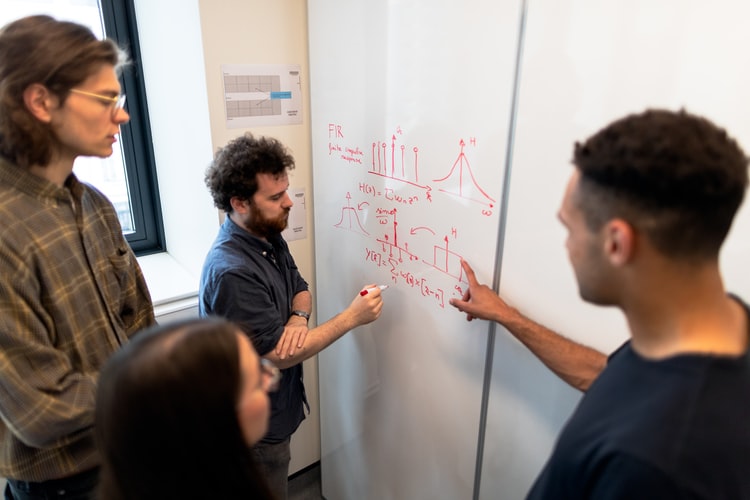Planning For Engineering Projects What You Should Know

Planning for engineering projects involves a lot of careful thought. It requires careful consideration on your part of how you should proceed after determining the most suitable technology for a certain project. You need to take note of important details like the feasibility of the project, budget, and the extent of damage that can be caused by it. Planning for engineering projects is also very crucial because it is the one thing that would determine whether your construction will meet the expectations of your clients.
For example, if your construction project involves the installation of communication lines, satellite imagery of the location, and the detection of subsidence, then you need to prepare these three aspects in order for the project to run smoothly.
Other Points Of Note
One of the things that construction planning for engineering projects would do is to check the feasibility of the project. This would involve determining if what you are planning for will really work or not. The level of complexity of the project depends on the scale of the project, which is determined by the ultimate aim of the engineering operation. For instance, if your plan is to build a communication line between two counties, it will require a different level of complexity compared to if you were planning to build a road network in a remote area with no human interference. A detailed cost analysis should be done first so that the scope of the project can be estimated.

Engineering projects often require the use of a lot of resources, which calls for a lot of planning. These include human capital, material resources, and a whole lot more. In addition to the resources that are needed for the operation, there are also external factors that can affect the completion of a certain engineering project. One of these factors is the capability of the individuals who are assigned to the task. A good planning for engineering projects will involve skill inventory so that it will be easier for you to identify those individuals who can contribute to the project.
Choosing Key Roles And Responsibilities
Before you begin any construction planning for engineering projects, you should first identify all the roles that your staff members can play in the completion of the project. Some examples of these roles include geotechnical engineers, surveyors, managers, contractors, and others. Once you have clearly defined the roles of each team member, then it will be easier for you to assign them with their specific tasks. As an example, if you are planning to build a hydroelectric power station for a rural area, you will not need to worry about assigning each and every geotechnical engineer to be in charge of every step of the construction process.

Another important thing to keep in mind is to have a proper organizational structure in place. You can do this by creating a skill inventory of each person assigned to the task. This way, you will know what skill they possess and how much experience they have in the field. By having this kind of information, you will be able to quickly assess their abilities and see if they have the required capability to handle various engineering projects. If you do not have a proper organizational system in place, then you may encounter difficulty in assigning jobs and in assessing the skills of your staff members.
Last Factors To Consider
One very important part of planning for engineering projects is the necessity of resource planning. This involves creating an overall plan for the entire operation. This includes the identification of the resources you will need to complete the project as well as a plan on how you will distribute these resources. A good example of a resource planning strategy is to assign specific areas of the operation to specific individuals, such as the site manager, the project manager, and the engineers, so that they will have a clear idea on where to focus their attention during the execution of the project.
A good engineer generally speaking always plans ahead and tends to look out for all the eventualities of a project. Doing this is a key way through which they can establish the different outcomes of their project and effectively assess whether or not it is viable for the future.


